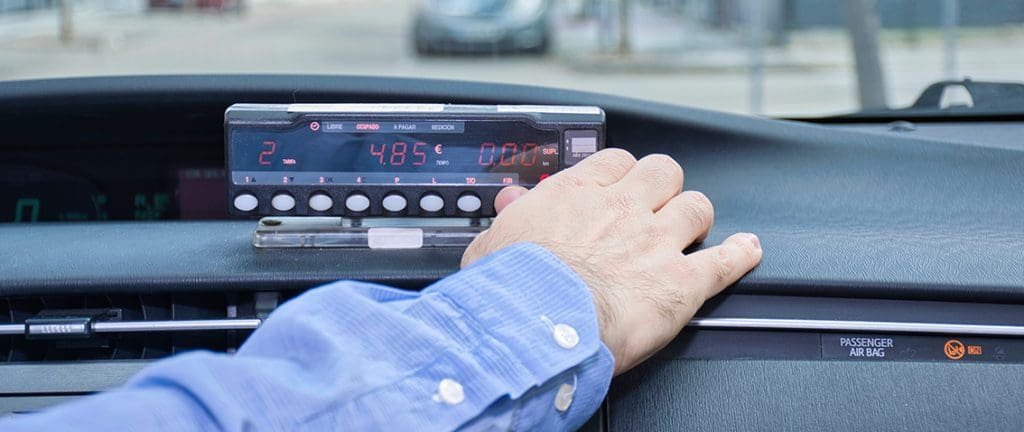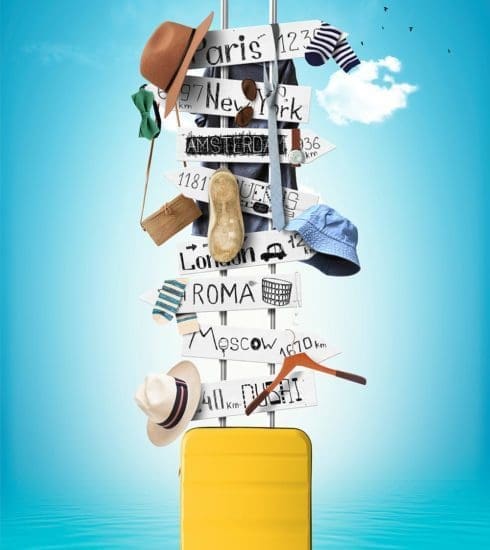How to avoid the most common tourist scams
As a tourist, you can be seen as an easy target for pickpockets, scam artists, and thieves. You might think there is no way you could fall for their act, but beware – scams are getting more and more creative than ever! Although you can’t always predict what will happen, you surely can look out for some common tourist scams and try your best to avoid them.
Scams may come your way wherever you are in the world, so don’t be fooled to think you will miss out on this experience! We do hope you won’t encounter such people, but being a traveler, you will attract them at some point, so you better be prepared! Scams can vary from place to place, but the bottom line is always the same – they will try to distract you and then steal from you or somehow manage to make you give them more money than you should for a certain service. To help you get out of such highly possible situations, we have created a list of some scams you should remember so that when you recognize similar behavior in a person bumping into you, you can handle the situation and get out of it with as little material damage as possible.
So, without further ado, here is what you should look out for:
1. The “bump and grab” technique
This is the thing we have all already heard of and seen enough, but it will remain the most common technique for at least some more time. This can happen in very busy public places, like tourist attractions, train and metro stations, as well as bus stops and crowded outdoor spaces. Being a tourist, getting distracted or overwhelmed in such places is a normal thing, and pickpockets will take advantage of that. They will “accidentally” bump into you while taking something from your pockets, bag, or even hands. By bumping into you, they create a distraction for you – something to focus on (even for a few seconds), so you don’t even notice your watch or wallet being taken from you.
How to avoid it: Do not leave all your valuable things in your backpack, as someone could easily take them, or in your back pockets. Go for the inner pocket of your jacket or a cross-body bag. You could also buy a lanyard with a pouch where you could keep your money/cards underneath your jacket. It is also important not to keep all your documents with you. If you left your passport along with some money in a safe place, you will still have one document if you fall victim to pickpocketing.

2. Fake Wi-Fi in public
As a tourist, you probably rely on your phone for almost everything – navigation, places to visit, translation, etc. This means that there is nothing better than a free Wi-Fi source near you, right? Yes, but only when you are sure the hotspot is the original one of your hotel or restaurant. Sometimes hackers will set up tempting unsecured hotspots in public locations to lure tourists into connecting to – and gain access to their passwords and online accounts. What’s worse is that you probably won’t even notice your device has been hacked.
How to avoid it: Only connect to hotspots that you sure are the official ones of the place you are visiting. Don’t connect to every random network you find in hopes of saving your mobile data – you may have a bigger problem if your accounts get hacked.

3. Taxi scam targeting tourists
There are many variations of the taxi scam. Taxi drivers all around the world can pull different tricks on you once they realize you’re not a local. They might say that their meter is broken and charge you a crazy amount of money, or even rig their meters. Some people might even pose as taxi drivers who are not even licensed or qualified. A common scam is that they will take the longest route or even drive in the opposite direction for a while, to charge you more.
How to avoid it: Always look for official taxis and tell the driver which route you want to take to your desired destination. Try to agree on the price before getting in the cab as well if the meter is “broken”.

4. Wrong change
While trying to avoid getting your credit card information stolen from a potential ATM skimmer, you may think that paying cash is your best option. That is true, but you have to be very careful, especially in countries where all of the bills look similar. Cashiers might try to sneak bills of lesser value.
How to avoid it: Always familiarise yourself with the currency of the country you will be visiting and count your change in order to avoid getting scammed.

5. “No more tickets” scam
When you stroll down a big city in Europe and want to visit a historical landmark, you will most likely need a ticket. You can find such online, on the official website of the landmark, or when they are all sold out, on the landmark itself. However, as you walk there, you might get approached by several different people, who will try to convince you to buy a group tour with a headphones guide system, because apparently “there are NO more tickets and you won’t get in otherwise”. They convince you this is a discount price and you will “jump the queue”. Don’t be surprised when the price they tell you is six times more than the normal price. And yes, there are normal tickets available, so don’t get fooled.
How to avoid it: Ignore these people and tell them you already have tickets, even if you don’t.

6. The not-so-helpful stranger
A stranger goes up to you and offers to take a group photo of you and your family as you hang out in a busy location or landmark. You give them your phone or camera, and a moment later, they are gone with it.
How to avoid it: If you have to have your photo taken by somebody else, ask another tourist and then return the favor. This way, your belongings are rather safe, and you don’t have to worry about your things disappearing.
Honestly, no matter how prepared you think you are, scammers constantly come up with new ways to take something from you. Even if you are tricked out of your money, it’s a lesson you should learn from – and the next time, you won’t allow it to happen. Remember to be aware and pay attention to everything, but always have fun!









